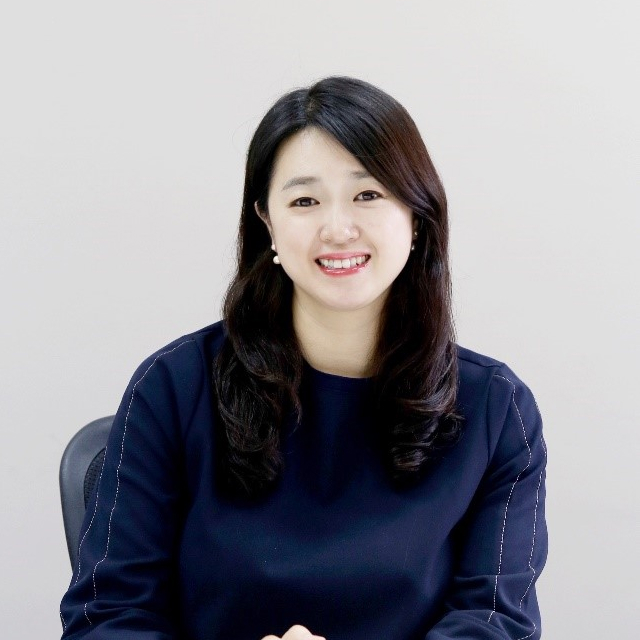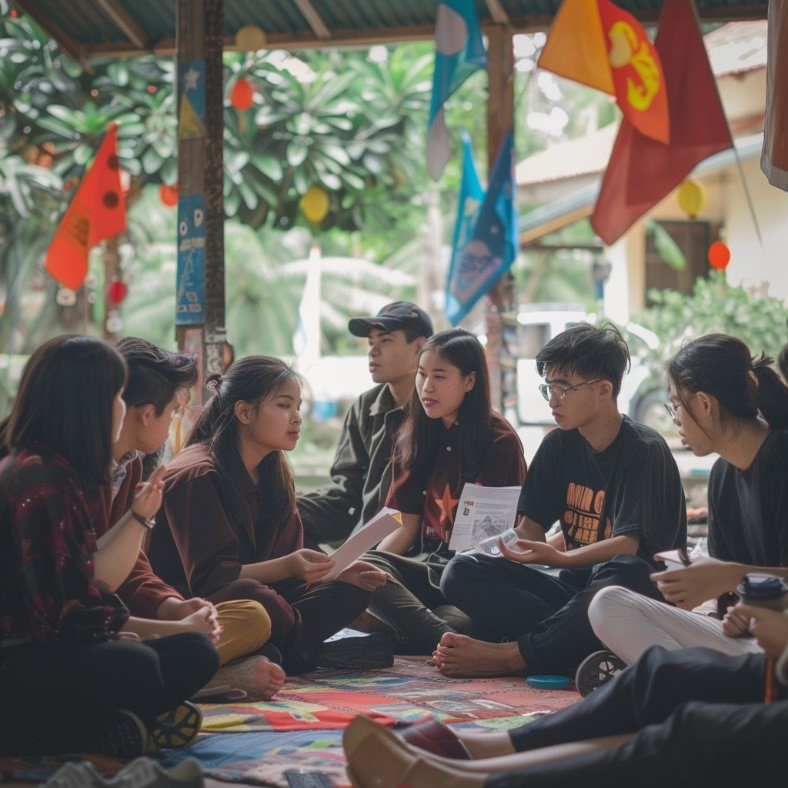International EducationGender & EthnicityResearch Collaborator
JungHyun Jasmine Ryu

GlobE, The University of Tokyo Head, International Exchange Division Assistant Professor
Three Main Research Achievement
- Ryu, JungHyun and Asada, Sarah (2024). Unpacking the Study Abroad Experiences of Faculty Members in Vietnam: Connections with Education, Research and University Management Activities in Study Abroad Impact. Springer
- Ryu, JungHyun and Nguyen, A.T. (2021). “Internationalization of higher education in Vietnam: current situations, policies, and challenges”, International Journal of Comparative Education and Development, Vol. 23 No. 3, pp. 227-241.
- Ryu, JungHyun (2018). Bilateral Partnerships in Higher Education in the Context of Neoliberalism and Post-Colonialism [Doctoral Dissertation, Waseda University] Waseda University
Field of Specialization
Education for Sustainable Development, Inclusive Education, Peace Education, Comparative Education, International Education, Higher Education, Education Cooperation
Introduction to Research theme
Education plays a pivotal role in reconciliation studies, acting as a catalyst for cultivating awareness and directing attention toward collective emotions and memories. However, a critical gap exists in the domain of reconciliation studies within the education sector. Currently, reconciliation is primarily studied and discussed within the purview of Peace Education and Conflict Resolution. Nevertheless, a notable deficiency persists in the conceptualization of reconciliation within these disciplines, impeding effective teaching and learning. To address this gap, this study delves into the conceptualization of reconciliation studies in higher education, particularly in the Southeast Asian region. The selection of Southeast Asia as a case study is significant for two crucial reasons. Firstly, it serves to counteract patronizing views prevalent in the portrayal of the global south and east as dependent on Western-centered narratives and efforts in peace education. Secondly, recent ASEAN initiatives in promoting peace education and reconciliation at national, regional, and institutional levels are exemplified by the establishment of the ASEAN Institute for Peace and Reconciliation and the Cha-Am Hua Hin Declaration (2009), emphasizing commitments to democracy, respect for human rights, and peace oriented values in school curricula. In the higher education sector, there has been commendable progress in the proliferation of Peace Studies and Conflict Resolution programs in the region. However, the nuanced understanding and articulation of reconciliation studies within these programs remain underexamined. This research is anticipated to contribute to the reconsideration of current reconciliation teaching practices, challenging the notion that reconciliation is merely a sub-discipline of peace studies. By promoting inclusive and contextually relevant practices in ASEAN universities, this study envisions to enrich the conceptualization of reconciliation studies particulary from an Asian perspective.
Tentative title for your upcoming working paper
Conceptualization of Reconciliation within Peace Studies: Narratives and Perspectives in the ASEAN Context
Research Image


